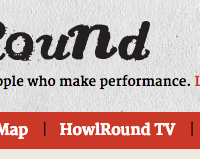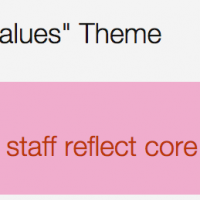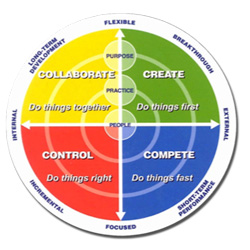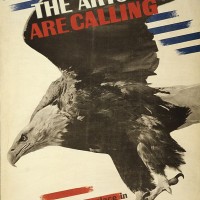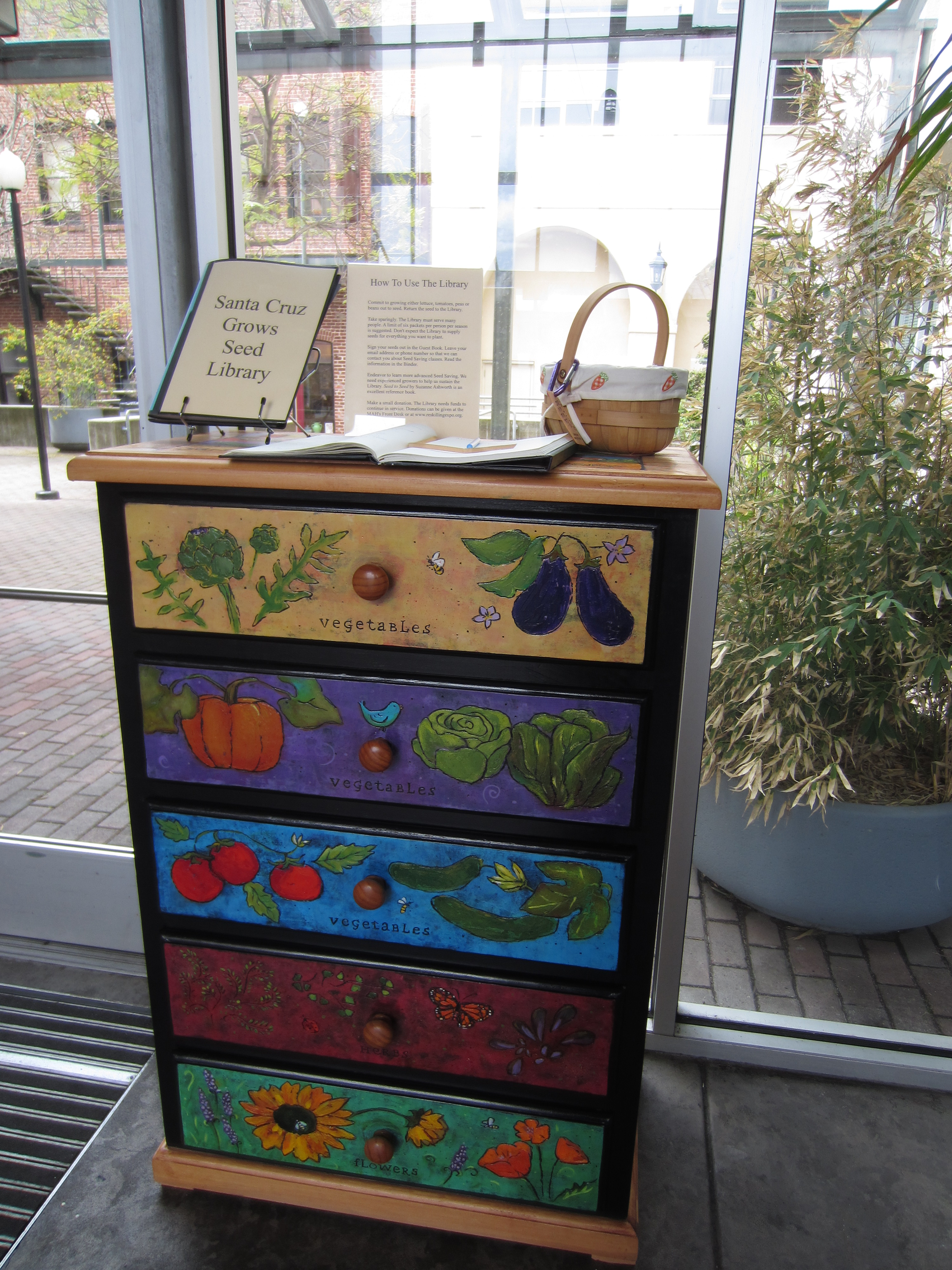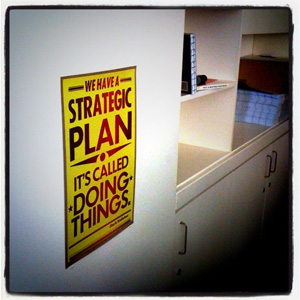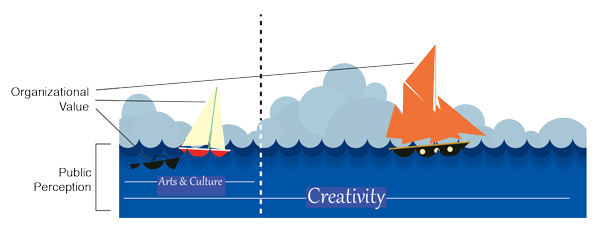HowlRound is a commons by and for theatremakers. No one owns a commons, it exists for the benefit of all, and the role HowlRound plays is not one of curator, but rather of steward, of enabler. We believe in operating from a place of abundance, rather than scarcity. We believe that there is enough for everyone, and promote collaboration over competition. All HowlRound platforms and programs (an online journal, livestreaming television channel, interactive data map, in person convenings, etc.) are designed to create openness, … [Read more...]
Zappos: Testing for Core Values
We can't have a conversation about values without mentioning Zappos. They're one of our favorite examples. Check out the Zappos Interview Scoring Card for Core Values. This assessment was designed to make sure that each hire is a good fit for the company's culture. Questions fall under at least one core value and candidates are ranked on a scale of how well they meet each one. How do you ensure job candidates understand and fit the core values of your organization? Tell us in the comments section or at … [Read more...]
Core Values & Cupcakes
An Ideation Summit is a process that transforms stakeholders with divergent interests into collaborators. It provides a roadmap for identifying, clarifying and activating solutions. NAS has built an event that does just this, The Summit at Sundance. We’ve designed a process that empowers a group of colleagues to harness their collective brainpower and wisdom and tackle tough challenges facing their work. Our first Ideation Summit brought CEOs together to collectively work on real-world solutions to four key problems facing the field. The … [Read more...]
Marginal Thinking & Our Personal Boundaries
Clayton Christensen eloquently takes the conventional business idea of marginal thinking and applies it to personal decision-making, in this Harvard Business School piece. We may think that making a decision to cross our personal boundaries “just this once” might have a low/marginal cost, but when we begin to weigh the actual costs, we could end up bankrupt or down the rabbit hole of lies and deception. Christensen asks us to question our personal values and morals. That's what the devil and angel on our shoulders are for, right? How do you … [Read more...]
A Return to The Competing Values Framework
The Competing Values Framework is one of the best tools that allows organizations to assess their internal culture. You can have each staff or team member share the current and preferred values of the organization, analyzing where “competing values” fall. This exercise gives employees buy-in and provides space for the sharing of organizational and personal core values. Check out our original post on the Competing Values Framework that appeared on Field Notes in December 2012. You can see what we learned by completing the exercise internally … [Read more...]
Arguing for the Arts in Contemporary Society
Think about the folks in your community. Think about what they will do tonight. There are countless options for how they can spend their time, their money, their loyalty. Arts may be in that mix. It might not be. This is the context in which our community makes decisions and we need to be aware of that. In this video, Patrick McIntyre, Executive Director of the Sydney Theatre Company conveys the need to discuss the benefits of the experience we provide. Patrick highlights that this task is tricky when arguing the value to allies such as … [Read more...]
The Case for Cultural Fluency
In this excerpt from "The Case for Cultural Fluency," Mikel Ellcessor introduces the concept of Cultural Fluency as it can be applied by arts and culture leaders. You can read and download his full white paper here. It’s déjà vu all over again. Picture this: you are in a meeting and you have been in this meeting many times. After another detailed mapping of the problem, someone takes a stab at a solution and says it: “We have to move beyond the current audience and into new audiences and communities.” This feels like success, right? … [Read more...]
To Be (a charity) or Not To Be, That is the $40 Billion Question
Editor's Note: With "Comments We Can't Ignore," we addressed the need to more effectively demonstrate the value of the arts to the general public in response to Robert Reich's "What 'charity' should really mean." Here, Marc Vogl offers his thoughts on charities and tax policy. Reich makes a surprisingly baseless charge when he says that the tax deductions claimed by people giving their money to charities is a $40 billion hand out "going largely to wealthy people who use much of it to enhance their lifestyles.” He takes an illogical leap … [Read more...]
Comments We Can’t Ignore
This week, a guest column by Robert Reich entitled “What ‘charity’ should really mean” appeared on the Christian Science Monitor's website. In his column, Reich challenges the idea of tax-deductible donations to arts organizations, arguing that these deductions primarily support the lifestyles of the wealthy. Reich’s article highlights that we have serious a public perception problem. Either we are not doing enough work to share the arguments we use to demonstrate our value to those outside the bubble of our field, or we need to develop a … [Read more...]
Cleaning Out Our Closets
Recently I was cleaning my closet and came across several items that no longer fit well or had long since gone out of style – yes, I am either “that old” or styles change rapidly, take your pick. I wondered why I couldn’t bring myself to get rid of those clothes. I am an organized and reasoned person so what was holding me back? And then I began to wonder if programs are like clothes in our closets, which was a great distraction because it kept me from dealing with the problem at hand. But think about it: we buy things that reflect who … [Read more...]
Saying What We Mean
Last January, at NAS’ Chief Executive Program convening The New Nature of Relevance, I listened as participants discussed the language we use to communicate about the nonprofit cultural field. Some felt that our current language can intimidate and confuse those who are not familiar with the sector. “Charity” can make us sound needy and helpless, and “nonprofit” makes us sound frivolous and trivial. When I tell people I work in the nonprofit sector, I have often been asked if I earn a salary. These experiences have me thinking about whether we … [Read more...]
Three Strategic Planning Challenges
I’ve been part of a group helping the Association of Arts Administration Educators (AAAE) review their guidelines for graduate-level education in strategic planning. I’ve found myself thinking about three challenges in strategic planning that we see in our work, and I wanted to release these thoughts into the wild and see what happens. On the one hand, I hope raising these questions sparks your thinking about your strategic planning challenges. On the other, I (and I have no doubt our entire community) would love to hear stories about how you … [Read more...]
Becoming Indispensable
Editor’s note: As part of our online discussion around The Summit at Sundance, we have invited participants in The Chief Executive Program to frame each of our problems to solve. Here, Basma El Husseiny takes on the problem: Maximize the cultural field's value in the eyes of the public/society. While articulating the value of what arts organizations offer to society in specific quantitative terms is necessary and important, most people will not be able to see the connection between these terms and the change they would like to happen to … [Read more...]
Raising the Tide of Value
Editor’s note: Over the next two weeks, we’ll feature posts around the final convening of our Chief Executive Program, The Summit at Sundance. We invite you to participate in an online discussion of four major issues facing the cultural field. In this post, Dallas Shelby introduces the last of the problem statements. Why do the arts matter? Why does creativity matter? Why do you matter? What value do we create? We should all be able to answer these questions, and the easier it we can make it to do so the better off we will be. We may be … [Read more...]
Defining Our Value
The recent flurry of articles around the “failure” of the creative class to save our cities—as Richard Florida’s writings have been characterized as promising—and the challenges of measuring the value of “creative placemaking” has me wondering if we are nearing the end of the road for all of the instrumental arguments we have been making for the nonprofit arts over the past 30 years. Or perhaps we ran out of road a while back but just didn’t notice. One of our most beloved arguments for support of the arts has been the idea that they … [Read more...]

